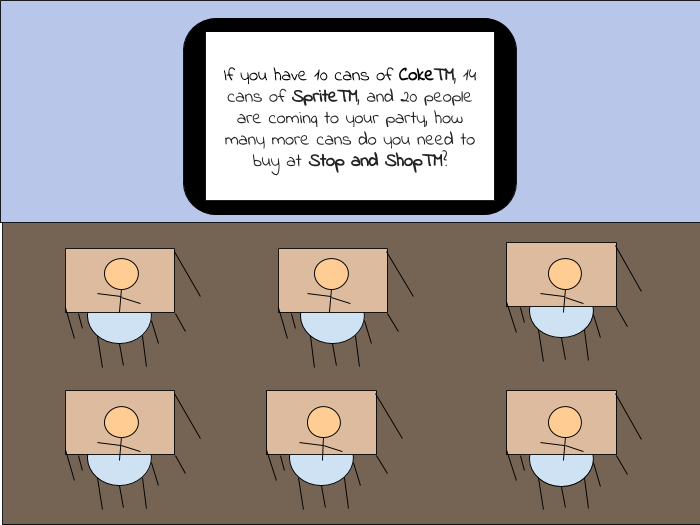What Happened to Childhood?
“You did what while you were in high school?” I asked my mother over dinner a few nights ago. While recalling past memories, my mother explained her high school experience, and I questioned her words. Students actually used their lockers back then? What do you mean students actually had time between classes? You really weren’t pressured to take advanced classes?
Nowadays, at the sound of a bell, students push through crowded hallways, backpacks bursting at the seams, trying to arrive at their next AP class on time. School is no longer associated with fun and memories. Two more papers, five more tests, never-ending assignments: Modern day adolescents live disparate lives from those a few decades in the past, not solely regarding school, but in myriad aspects.
During brief moments of freedom, modern-day students have their eyes fixed on the tiny touchscreen devices glued to their hands. Although hoards of device-addicted students can give off a zombie-like air, what lurks behind the screens is even more sinister: The Internet, what the Canadian Pediatric Society considers “an essential component of the new literacy.” While it sometimes provides beneficial information, the Internet is often laced with harmful content.
Advertisers use the World Wide Web to pray on kids of all ages. During developmental stages, young children “tend to believe what they are told and may even assume that they are deprived if they do not have advertised products.” In this way, advertisers manipulate their malleable minds, turning innocent youth into want-driven consumers. As stated in an article by law professor Joel Bakan, “Our current failure to provide stronger protection of children in the face of corporate-caused harm reveals a sickness in our societal soul.” We lack concern for our youth.
Some may argue this era of accessible technology and a push for students to excel academically is beneficial, but it is untrue that these benefits outweigh the costs. Yes, more students are attending college than ever before. According to the US Census Bureau, “36.1% of Americans aged 25-34 had earned a bachelor’s degree in 2015, compared to 26.7% of those 65 and older.” However, college is now an expectation, and with expectations come greater pressure.
The pressures and negative influences of modern day culture constantly bombard our youth. Whether it’s when a child wakes up and is immediately swarmed with notifications from a cell phone or the teenager who slouches over a towering stack of SAT prep books as his parents discuss their wishes for a Harvard acceptance, there is never a break. It’s time to change the modern-day childhood experience; children should unplug and simply enjoy growing up, a luxury they have not yet been afforded.

